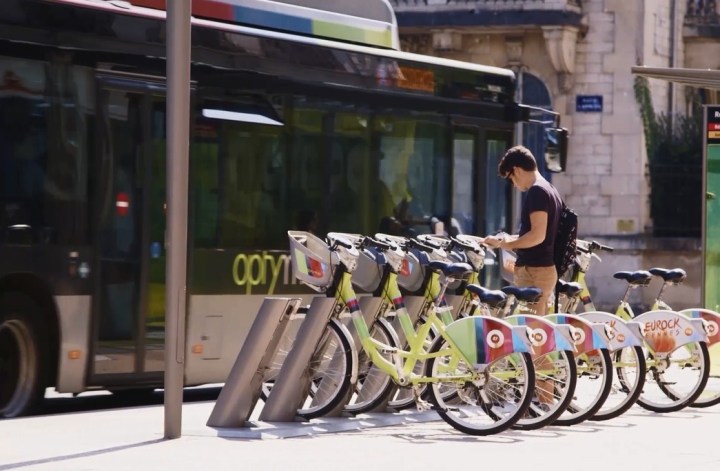
Working with Tata Consultancy Services (TCS) and GFI Informatique, the Board of Public Transportation of Belfort overhauled bus service management of the city’s 100-plus buses. The project entailed a combination of ID cards, GPS-equipped card readers on buses, and big data analysis. The collected data was used to measure bus speed from stop to stop, passenger flow to observe when and where people got on and off, and bus route density. From start to finish, the proof of concept project took four weeks.
Using the TCS Intelligent Urban Exchange system, operations managers were able to detect when and where about 20 percent of all bus passengers boarded and got off on each city bus route. Utilizing big data and artificial intelligence the city’s urban planners were able to use that data analysis to make cost-effective adjustments including the allocation of additional buses on routes and during times of greater passenger demand. They were also able to cut back on buses for minimally used routes and stops. In addition, the system provided feedback on the effect of city construction projects on bus service.
“We were eager to participate in this experiment to make Belfort more attractive to citizens and support the economy,” said Yannick Monnier, Director of the Board of Public Transportation of Belfort. “The results were very conclusive. The experiment allowed us to optimize our transportation network and realize savings. It was such a big success that it could be duplicated to improve not only transportation but also other major city services such as water, waste collection and electricity,” he added.
Going forward, continued data analysis will help the city budget wisely for infrastructure changes and new equipment purchases. The goal is to put the money where the needs are greatest rather than just spending and then waiting to see if usage justified the expense. The push for smarter cities has to be not just about improved services, but also smart resource allocation — in the Belfort project, the use of big data showed how to do both.



